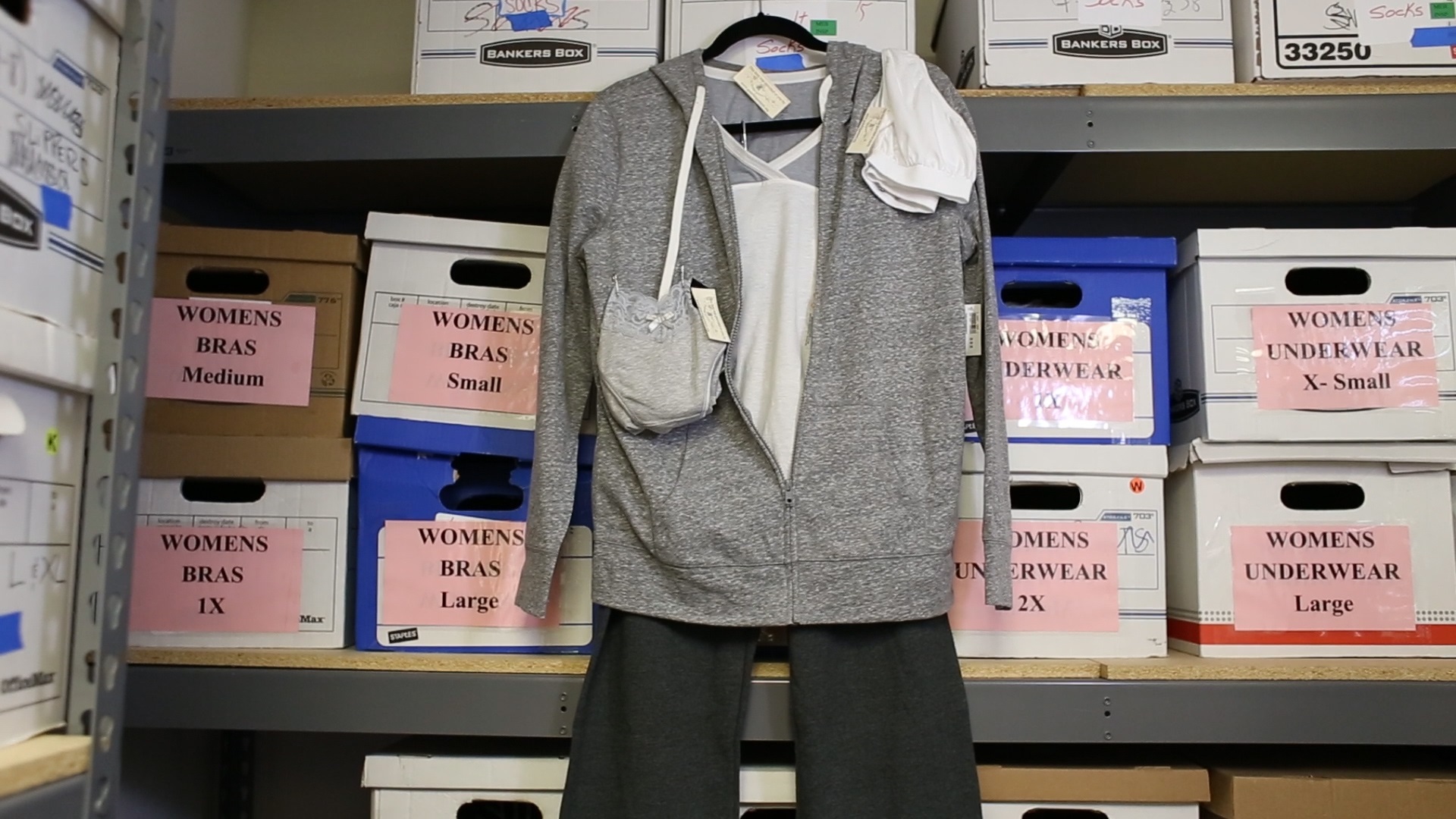“A lot of shame is associated with rape, and with hospital gowns people are naked. Emotionally and physically naked, which is not ok.”
After sexual assault, some victims seek medical attention. A forensic exam, also known as a rape kit, is performed. The exam requires victims to submit their clothing for DNA evidence. Once that is done, they have nothing to wear on their way home—expect for a hospital gown.
The Grateful Garment Project (TGGP) – an organisation based in California, United States – spoke to the IPF about how they’re trying to change this. In an attempt to restore the dignity of survivors, TGGP provides them with new clothing, food, grooming supplies and other vital items to help them pass through the aftermath of what they have been through.
It began as a final-year undergraduate project by Executive Director, Lisa J. Blanchard. As a single mother, studying in her 30s, Lisa was at a women’s retreat researching for a university project when the idea for TGGP came to her.
What started as a simple conversation about the forensic exam process, quickly became a university project and went on to secure itself as a voluntary organisation.
“A lot of shame is associated with rape,” Lisa said, “and with hospital gowns, people are naked. Emotionally and physically naked, which is not okay.”
Today, TGGP provides its services in 63 different agencies across 25 counties in California, including hospitals. It helps 25 to 40 people every day.

Sweatsuit given to sexual assault victims by The Grateful Garment Project [Image credit: The Grateful Garment Project]
Lisa provided an example of how her work benefits women — and girls — who have just experienced sexual assault.
Ashley*, a 15-year-old, recently attended a hospital where TGGP offered clothing.
She was riding her bicycle – on her way to get smoothies with friend – when she was suddenly pushed off, dragged into bushes and raped.
She recognised the man, but could not recall from where. He later ran away and, as she crawled out from the bushes feeling dizzy, she passed out. People walking by spotted her and called an ambulance.
When Ashley had completed the rape kit she was given adequate clothes and could ask her parents to come pick her up. However, many sexual violence survivors feel too ashamed to contact their family or friends and therefore do not receive proper clothing. They often have to leave the hospital with nothing but a thin hospital gown.
More than clothes
TGGP also works with the police during raids in hotels and brothels, saving women from trafficking by having backpacks ready with necessities. They help children and men too, offering clothing for all ages and sizes.
Rape and sexual assault are still taboo topics which make people feel uncomfortable, especially as it is often the victim who gets blamed for it, said Lisa. She urged people who want to help with the cause to start talking about sexual violence as a first step.
“There’s a lot of misconception about sexual violence. The media often show that a woman has done something to herself, such as being lightly dressed at a party. It doesn’t matter what someone is wearing. As long as we allow those beliefs, we add to the misconception.”
Providing immediate resources for survivors of sexual violence is a big part of TGGP’s work, but it goes beyond that. With six different projects, they also aid survivors with adequate clothes for court trials. Having to face a perpetrator is an horrific experience and Lisa believes that “what you wear directly impacts your credibility in court”.
Lisa hopes TGGP will grow, not only across the United States, but also around the world.
“We want to answer the need everywhere. This is more than just a local issue, but resources are limited. We can only grow so large, as we currently have to provide for our current client base.”
*Name has been changed to protect her identity
To find out more about the Grateful Garment Project visit their website, like them on Facebook and follow them on Twitter.

